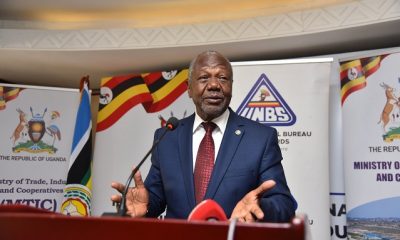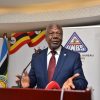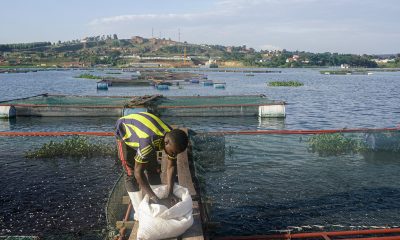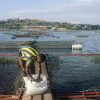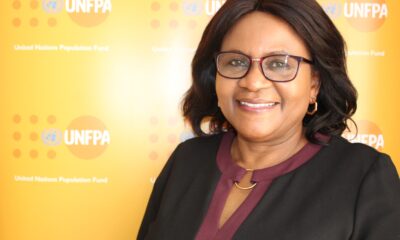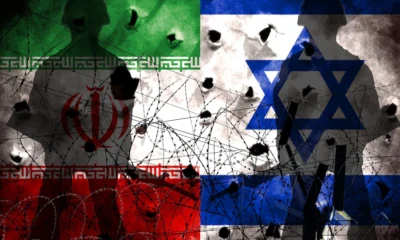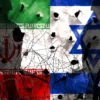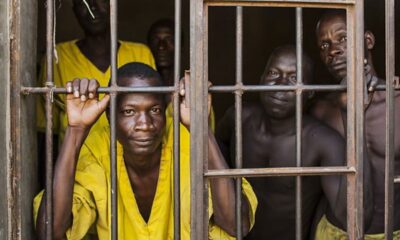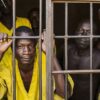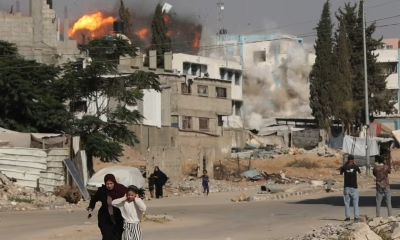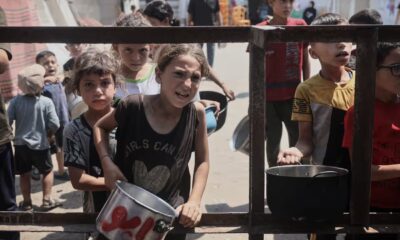Analysis
Cries of continuing suppression and injustice dominate press freedom day
Journalists and supporters of press freedom and freedom of expression in Uganda joined like-minded colleagues from across the world to mark May 3 World Press Freedom day last week by condemning state-sponsored brutality against newsmen and women.
The events were more of a commiseration than a commemoration of press freedom as shown by somber conversations and speeches that were made before, during and after the day.
The palpable sense of frustration and anger, coming ahead of statistics that indicate government’s resolve to curtail media space, did not go unchallenged as journalists and supporters of the profession demonstrated determination to push back against the suppression of their constitutional rights.
At Imperial Royale Hotel, Human Rights Network for Journalists-Uganda (HRNJ-Uganda) released its fourth annual index that ranked Police, for the fourth time in a row, as being the biggest abuser of journalists’ rights having received 83 complaints out of the 135 cases that were reported in 2016.
Last year’s trial of former Division Police Commander Joram Mwesigye for assaulting former WBS cameraman Andrew Lwanga and causing him grave bodily harm continued to reverberate even during the press freedom events.
But although court found Mwesigye guilty, the journalism fraternity expressed outrage at the light sentence it meted out at the offender. Lwanga, with support from HRNJ-Uganda has vowed to appeal the case in the court of appeal.
He however told The Sunrise on the sidelines of last week’s press freedom day events held at Golf Course Hotel, that he continues to receive death threats from unknown people warning him not to pursue the case further.
“I did not get a fair trial at all and I could tell from the unfairness that transpired during my case that I was deliberately denied justice. At some point all the exhibits I presented to Court got lost including the medical bills, medical reports and the camera itself and the whole thing was a conspiracy to frustrate me into abandoning the case,” Lwanga said.
He told The Sunrise that whereas he spent a total of US$ 57,000 equivalent to Ushs180m for treatment both in Uganda and South Africa, Mwesigye was ordered to pay a mere Ushs6m as compensation for treatment costs, or face a year in prison.
“This is a mockery of justice! And yet even on top of such costly treatment which I underwent, I still need more treatment. I don’t even know if I will ever walk properly again as my leg remains cripple.” Lwanga stated, adding that he currently depends on handouts from relatives and friends.
Consequently when the Buganda road Court for Gladys Kamasanyu delivered the ruling on the 19th of March 2017 Lwanga expressed his dissatisfaction and quickly issued a notice of appeal at the High Court.
He also expressed concern that his efforts to appeal the ruling have been frustrated by officials from Buganda road court including magistrate Gladys Kamasanyu whom he accuses of deliberately delaying to hand him the court ruling which is mandatory before the High Court can hear his appeal against her(Kamasanyu’s) ruling.
“Even when I insisted and went to Judge Kamasanyu’s office to obtain the ruling, she told me she had too much work on her desk to sign the ruling for me,” Lwanga narrated.
But according to Dr. Margaret Ssekaggya, the Executive Director the Human Rights Center Uganda, such human rights abuses and press freedom violations among Ugandan journalists are likely to continue as long as Ugandan Journalists continue to be ignorant of international, Continental or regional mechanisms available for the protection of journalists against human rights abusers
Consequently, she urged Uganda journalists who find themselves in such predicaments not to hesitate accessing among others the United Nations Rapporteur on peaceful assembly as well as the regional Rapporteur on the Freedom of expression both on the international and regional level respectively.
Dr. Ssekaggya made the remarks during public debate organized by African Center for Media excellence (ACME) in conjunction with Human rights and media bodies to mark the World Freedom day at the Golf Course Hotel last week under the theme “Critical Minds for Critical times: Media role in advancing peaceful, just and inclusive societies.”
But the Danish Ambassador to Uganda Mogens Pedersen expressed pessimism that the government can allow the international bodies to come to Uganda since they need the permission from the government.
US Ambassador to Uganda – Deborah Malac expressed solidarity with local journalists whom she said are enduring too much pressure.
She said: “Attempts to make government critics disappear will not make the problems go away; it will only make them worse by sowing further mistrust, alienating the public, and undermining the rule of law. That is not the kind of development Uganda needs, or the kind of development Ugandans want.”
“So Uganda – especially its journalists – now faces a difficult choice. To you, the journalists – I realize that for many of you, your profession is increasingly dangerous. It may no longer be worth it to face the constant harassment, the low pay, or the poor working conditions. And there would be little shame if some of you decided to follow another path.”
She however encouraged journalists to stay in the fight, arguing that the work, rights and freedoms, “Are all key to Uganda’s continued development.”
Comments




